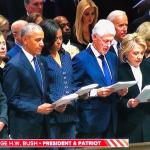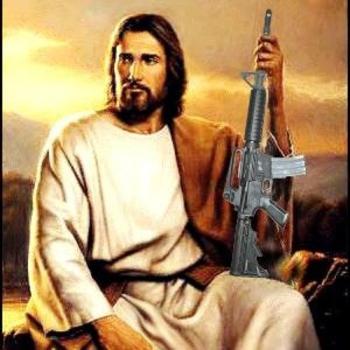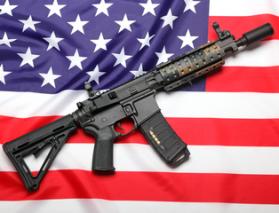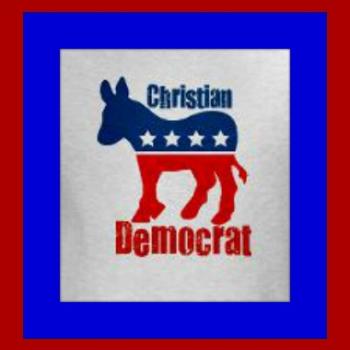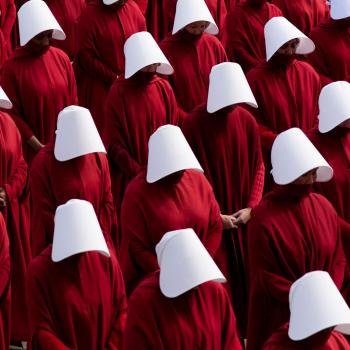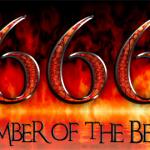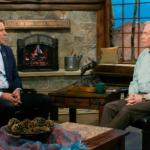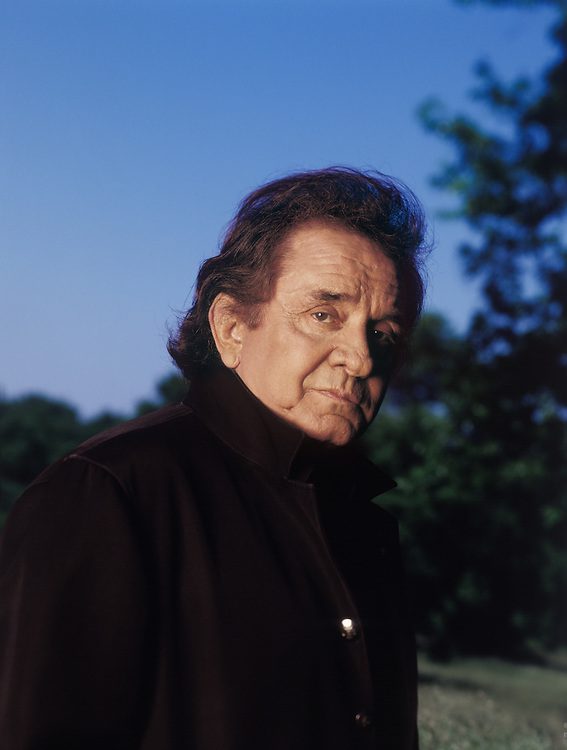
I always admired Johnny Cash, but recently, my estimation of him rose significantly when I watched the Netflix documentary called Tricky Dick and the Man in Black. This excellent film chronicles Cash’s role during the very turbulent Nixon years. To me, it shone a bright light on the fact that Johnny Cash, for all his human frailties and faults, was the kind of Christian we need a lot more of.
Cash grew up the son of a sharecropper in the buckle of the Bible belt South. Because of his upbringing, he was predisposed, like most who come from where he did, to be blindly patriotic–God, Guns, and Old Glory were sacred. Yet, Cash was more sensitive than most who grow up in such settings. He was blessed with an extra dose of empathy. He had a heart for the downtrodden. Consequently, he attempted to be apolitical. His music had wide appeal. He had a fan base that transcended that of most country music artists. Cash felt for those whom society had turned their backs on. He famously played a concert for prisoners in California’s Folsom Prison. He recorded songs that were sympathetic to the plight of people who were marginalized by society. Yet, he still maintained a large following of conservative fans.
Johnny Cash was at the peak of his popularity as Richard Nixon was rising to power. A big portion of Nixon’s political plan–one that has become a cornerstone of the GOP ever since–was known as the Southern Strategy. This plan was tailor-made to appeal to white southern voters with a steady stream of “dog whistles” to play to their racially-charged fears and their penchant for unquestioning patriotism. The Vietnam War was becoming the most divisive issue in the country and Nixon needed to vilify and marginalize the “evil left” on the coasts by rallying his supporters in the Midwest and South. Nixon went on television to do just that and spoke of seeking a fair and just peace in Vietnam. Johnny Cash, being diplomatic, made a statement on his television show in support of President Nixon’s message. When Nixon heard this, he saw a chance to capitalize by using Cash as a pawn in his Southern Strategy chess game.
President Nixon asked Cash to perform a concert at the White House and Cash accepted the offer. Nixon made a special request for Cash to sing two songs, neither of them his own. One was Merle Haggard’s Okie from Muskogee, with lyrics full of sentiments that made those hippie protestors look unAmerican. The other request was for a novelty song called Welfare Cadillac, which focused on the stereotype of welfare recipients taking advantage of government handouts. Nixon thought he was going to use Johnny Cash as an agent for propaganda. Apparently, Nixon didn’t know Johnny Cash very well.
Johnny Cash ultimately declined to perform the requests. One song he played instead made the biggest impact of the night. It revealed Cash’s empathic heart and his intestinal fortitude when he sang his song, What is Truth?, in front of a visibly uncomfortable and squirming president. After the song was over, Cash called upon the president to bring an end to the Vietnam War as quickly as possible.
Johnny Cash was caught between two worlds. He’d been steeped in conservative Christianity from the day he was born, but he also felt the tug of empathy for society’s marginalized. In the end, he did what Jesus did. He stood up for those who couldn’t stand up for themselves. He loved unconditionally those whom society saw as unloveable.
We need more Johnny Cash Christians.
What is Truth?
By: Johnny Cash
The old man turned off the radio
Said, “Where did all of the old songs go?
Kids sure play funny music these days
They play it in the strangest ways”
Said, “It looks to me like they’ve all gone wild
It was peaceful back when I was a child”
Well, man, could it be that the girls and boys
Are trying to be heard above your noise?
And the lonely voice of youth cries
“What is truth?”A little boy of three sittin’ on the floor
Looks up and says, “Daddy, what is war?”
“Son, that’s when people fight and die”
The little boy of three says “Daddy, why?”
A young man of seventeen in Sunday school
Being taught the golden rule
And by the time another year has gone around
It may be his turn to lay his life down
Can you blame the voice of youth for asking
“What is truth?”A young man sittin’ on the witness stand
The man with the book says “Raise your hand”
“Repeat after me, I solemnly swear”
The man looked down at his long hair
And although the young man solemnly swore
Nobody seems to hear anymore
And it didn’t really matter if the truth was there
It was the cut of his clothes and the length of his hair
And the lonely voice of youth cries
“What is truth?”The young girl dancing to the latest beat
Has found new ways to move her feet
The young man speaking in the city square
Is trying to tell somebody that he cares
Yeah, the ones that you’re calling wild
Are going to be the leaders in a little while
This old world’s wakin’ to a new born day
And I solemnly swear that it’ll be their way
You better help the voice of youth find
“What is truth?”
And the lonely voice of youth cries
“What is truth?”If you enjoy my writing, please consider supporting it by becoming a patron. There are 3 levels of support $1, $2, or $3 per month. Each level unlocks extra content such as podcasts and videos. Also, $3 subscribers will get a personalized copy of my book sent to your home. Look for the “Support this Column” Patreon button to become a patron. Depending on the device you use, it will be on the right hand side or at the bottom of the article.
Thank you!

